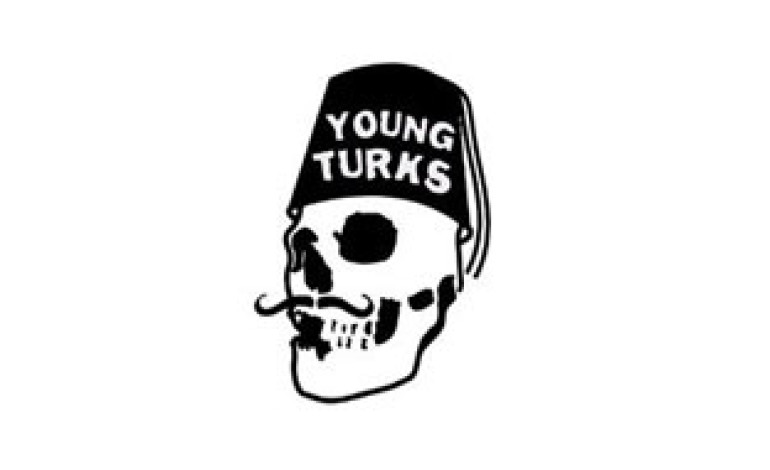
The UK label Young Turks has now changed its name to Young to avoid its connotations of genocide. Originally the Young Turks was a political reform movement in the early 20th century that favoured the replacement of the Ottoman Empire’s absolute monarchy. The group led a rebellion that helped to usher in a new era of democracy. Later a faction of the Young Turks allied with the Committee of Union and Progress party and were involved in genocides that targeted Armenians and Assyrians in the mid-1910s.
Since then, the term “young turks” has occasionally been used as a generic term for young provocateurs or upstarts. Pawson says that the label was named after the 1981 Rod Stewart song “Young Turks” and did not initially know that it referred to the group.
The label, formed in 2005, has represented artists like the xx, FKA twigs, and Sampha. In a statement on social media, the label wrote addressing the named change.
“From today, Young Turks will become Young. The name change follows a long period of reflection and I wanted to explain the origins of the Young Turks name and the reasons for the change.
We originally named Young Turks after the Rod Stewart song of the same name. When I first heard the song, it took a week of 2005-era internet searches to find out what it was and even longer to understand its meaning. The name intrigued me, evoking the solidarity of youth. In 2005, it seemed to perfectly sum up what we were: teenagers, wanting and waiting to do something, anything.
However, we were unaware of the deeper history of the term and, specifically, that the Young Turks were a group who carried out the Armenian Genocide from 1915 onwards. Through ongoing conversations and messages that have developed our own knowledge around the subject, it’s become apparent that the name is a source of hurt and confusion for people. We loved the name for what it meant to us, but in retrospect should have listened more carefully to other voices and acted more quickly. We have always tried to affect positive change and knowing what we do now, it’s only right that we change our name.”
In addition, the label’s logo which was formerly an image of a skull wearing a fez has been changed to a simple Y design. The label has also made a donation to the UK Armenian Institute, “in memory of those who were killed and those who survived” the genocide.
